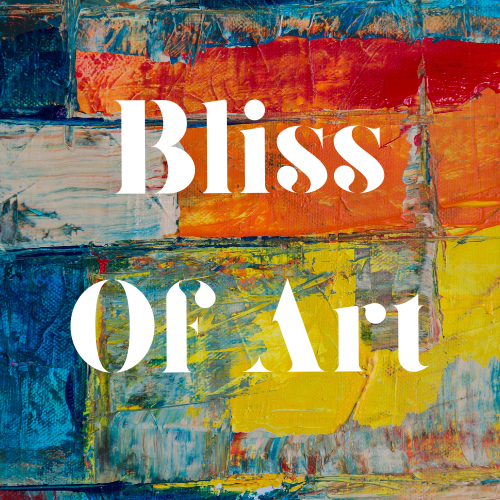Imagine yourself standing in front of a vibrant abstract painting, making visual connections and as long as it pulls you in. Now you start diving into its elements but remain bewildered by its meaning. As human beings, solving problems comes naturally to us. But wait, is it even a problem?
See with your mind, not the eyes, and with a wandering imagination. Is the artwork trying to tell some story, or is just provoking emotions and imagination. Whatever! It’s an experience, an intangible and emotional experience. And this experience can be completely different for every individual depending on their present state of mind, past occurrences, surroundings, and circumstances, or even the overall personality developed because of those.
Your eyes may tell that is it an intimidating volcano bursting through the canvas while the thoughts are racing around the shapes, foams, and colors Mind in parallel will be trying to comprehend the artist’s intention in making this artwork. And you are still trying to extract something finite out of the infinite.
Abstract artwork represents nothing but freedom. Freedom to trust your intuition. Freedom to look beyond the things you already know or recognize. Yes, abstraction finds its roots in the ‘intuition’ of the artist and the viewer. And their intuitions can be completely different because it’s based on freedom. So there is no need for the abstract artwork to have a singular explanation. Let’s try to perceive beyond what’s tangible. Let’s explore the unknown domains. Remember that there is nothing but emotions on the canvas.
Abstract artwork can be appreciated for its forms, lines, and colors, as long as it is balancing between entropy and negentropy. Even this balance need not be perfect, because perfection seeks closeness to reality, whereas abstract art seeks freedom from reality. As such, perfect representation or replication is impossible. We need to be at peace with the imperfections, the deviations; for we are humans and not God.


